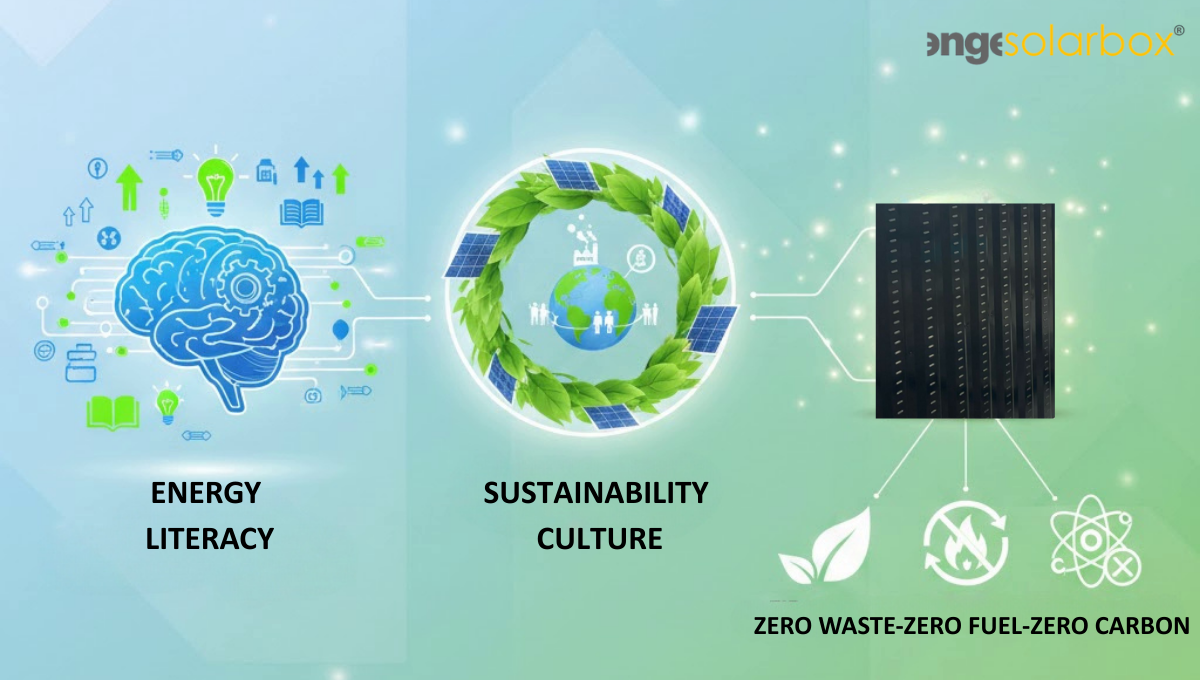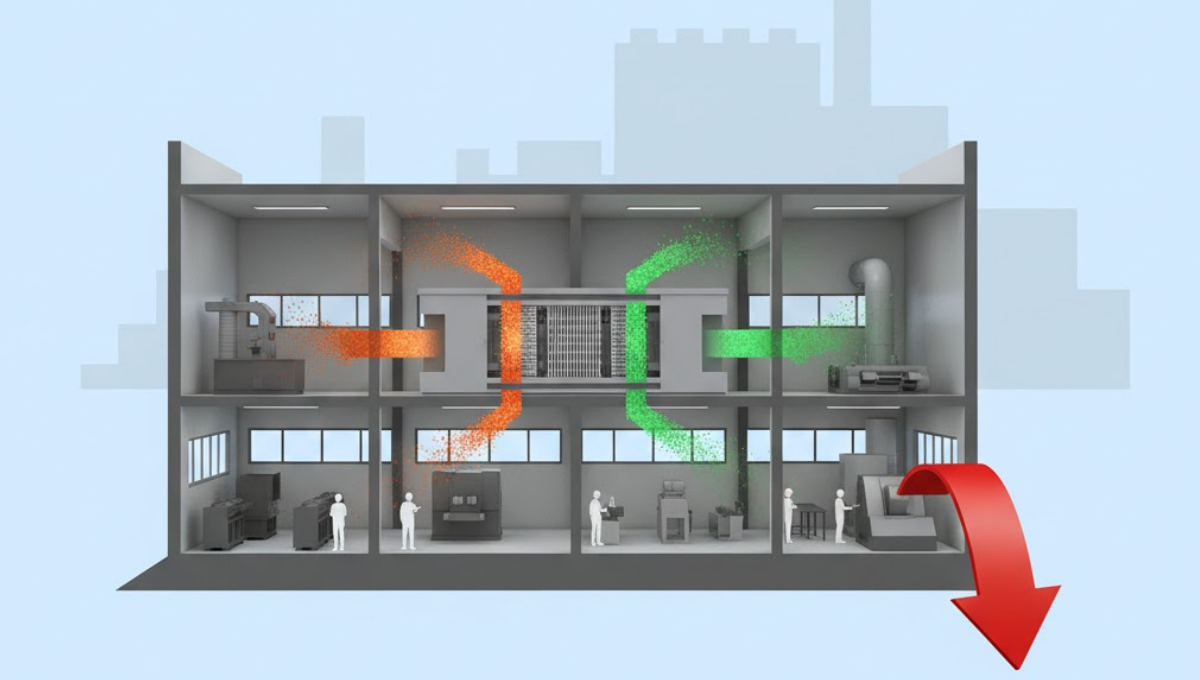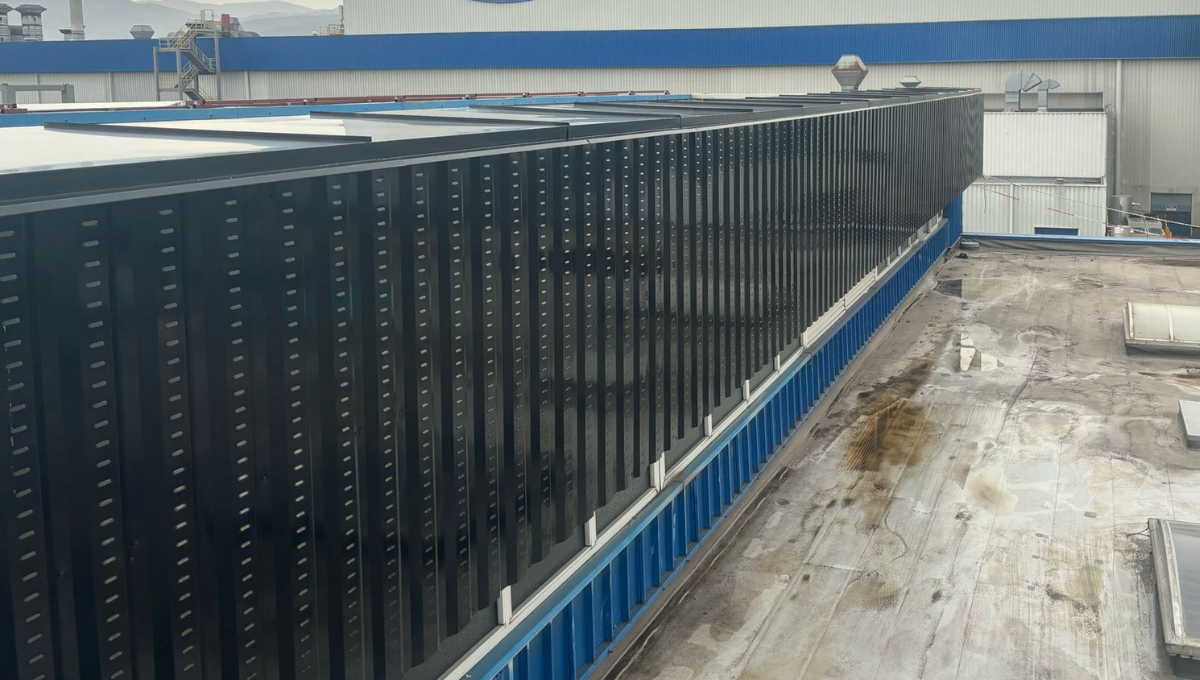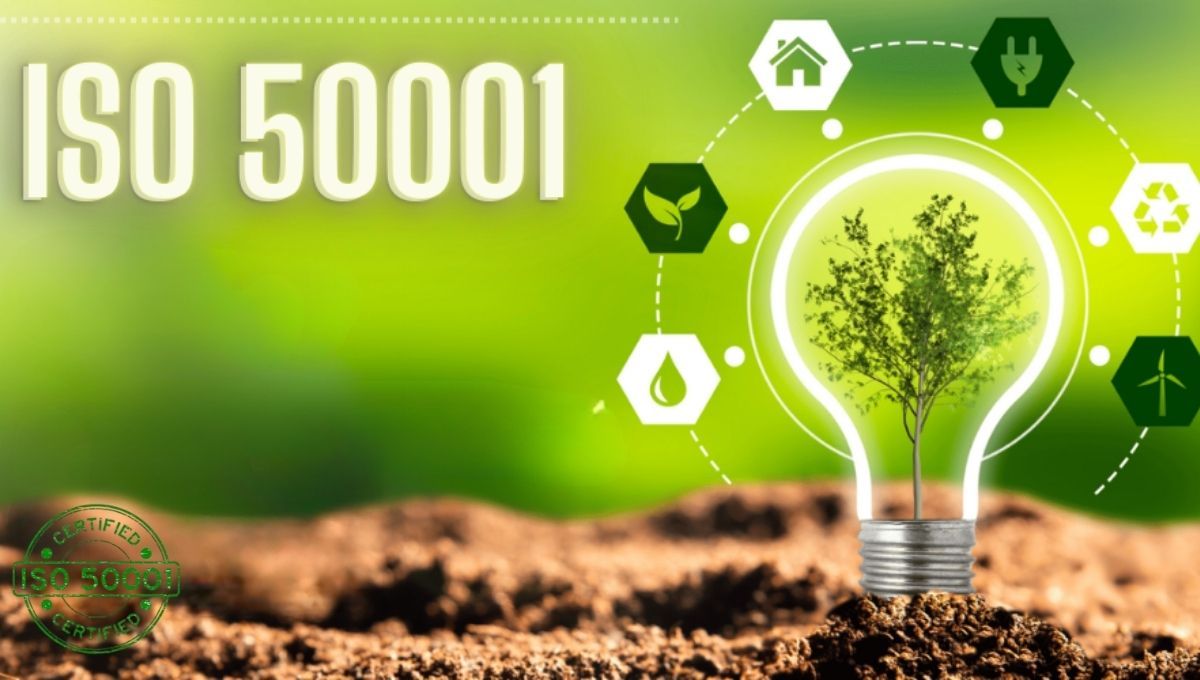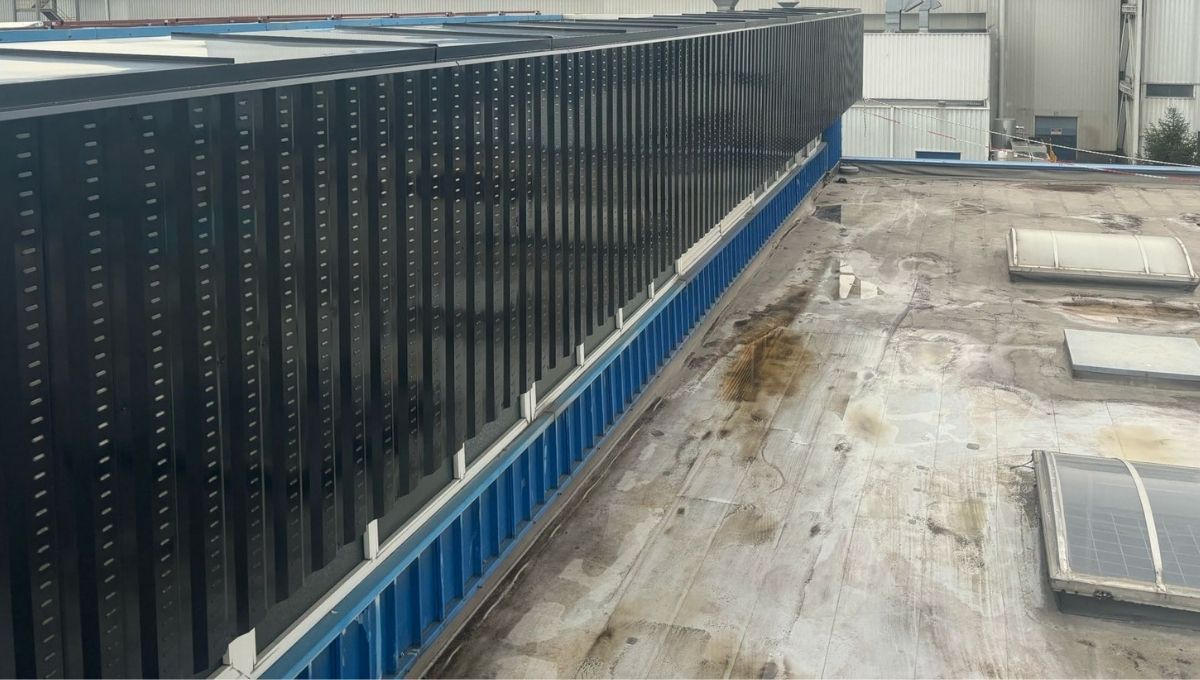
Zero-Waste Energy Practices in Industry
Enge Energy, with its solar-based technologies and innovative solutions, provides companies with the opportunity to adopt zero-waste energy practices and move towards a sustainable future.
The concepts of sustainability and environmental responsibility are increasingly shaping industrial production. Among these, zero-waste energy practices stand out as both an environmental and economic necessity. Industries consume high levels of energy and produce significant waste. However, with innovative technologies, it is possible to reuse energy, minimize losses, and achieve environmentally friendly production.
Enge Energy, with its solar-based technologies and innovative solutions, provides companies with the opportunity to adopt zero-waste energy practices and move towards a sustainable future.
What is Zero-Waste Energy in Industry?
Zero-waste energy refers to an approach that ensures energy is used efficiently, losses are minimized, and every unit of energy is reused. This includes technologies such as waste heat recovery, renewable energy integration, and solar-assisted production.
Main Goals of Zero-Waste Energy:
- Reducing energy consumption per unit of production
- Lowering greenhouse gas emissions
- Recycling waste heat into useful energy
- Transitioning towards carbon-neutral production
Zero-Waste Energy Applications in Industry
1. Waste Heat Recovery Systems
Industrial processes often generate large amounts of waste heat. With solar thermal systems and energy recovery technologies, this heat can be captured and reused, turning energy that would otherwise be wasted into a valuable resource.
2. Solar-Supported Production Systems
With Engesolarbox® technology developed by Enge Energy, solar energy can be directly utilized in factories. This both reduces energy costs and significantly lowers carbon emissions.
3. Integration of Renewable Energy
Solar panels and solar heat walls installed on factory roofs and facades provide sustainable energy production. These systems support electricity and heating needs while reducing dependence on fossil fuels.
4. Energy Storage and Smart Management
Energy storage systems and smart energy management software ensure that energy produced from renewable sources is used more efficiently. This prevents waste and creates a more stable production process.
The Role of Enge Energy in Zero-Waste Energy
Enge Energy helps industrial facilities achieve sustainability goals with its innovative solutions.
- Engesolarbox® Solar Drying Technology: Converts solar energy into heat, enabling waste-free drying processes.
- Solar Thermal Systems: Recover waste heat for reuse in production.
- Solar Heat Walls: Enhance building energy efficiency and reduce heat loss.
By integrating these technologies, companies can minimize their carbon footprint and increase energy efficiency.
Benefits of Zero-Waste Energy Practices for Industry
Environmental Benefits
- Reduced CO₂ emissions
- Contribution to the circular economy
- Reduced reliance on fossil fuels
Economic Benefits
- Lower energy bills
- Increased competitiveness
- Compliance with carbon regulations and international standards
Conclusion: The Future of Industry is Zero-Waste
For industries aiming to be sustainable, zero-waste energy practices are no longer an option but a necessity. With the support of Enge Energy’s solar-based innovative technologies, industrial facilities can reduce both their costs and their environmental impacts.
The future of industry lies in efficient, clean, and waste-free energy solutions.
Similar Content
